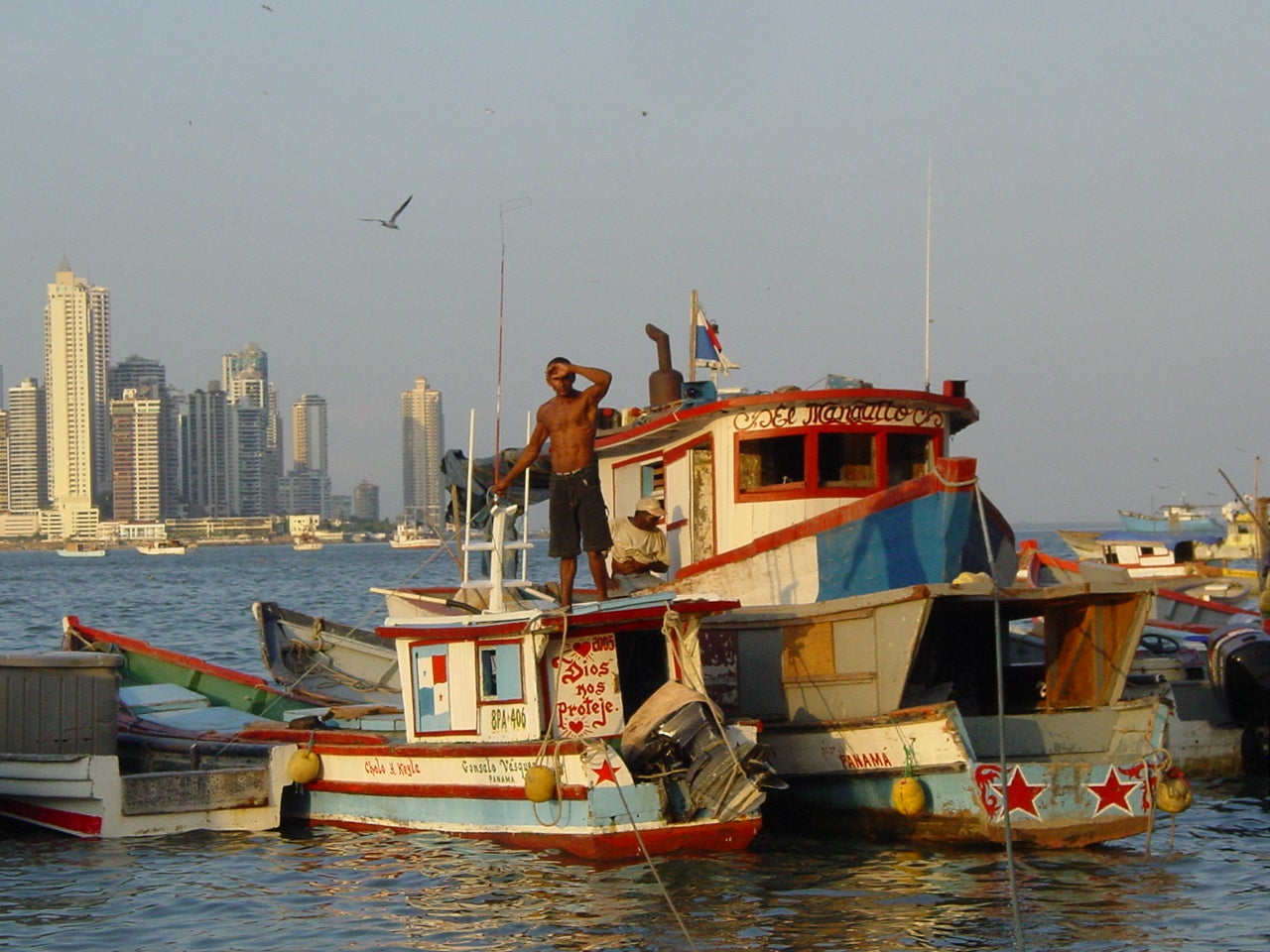I feel sorry for David Cameron. The focus on his tax affairs diverts attention from the worst offshore rackets

Maybe it’s the consequence of having a week off and breathing fresh country air, but by the end of my annual leave on Sunday I was beginning to feel a teeny bit sorry for David Cameron.
That, I should add, is a relatively unsettling emotion for me. Still, having watched the Panama Papers scandal unfold from afar I couldn’t help but feel that the media focus on the Prime Minister might have been a little overblown.
He has, as everyone accepts, done nothing illegal. Investing in an offshore unit trust to the tune of a few tens of thousands of pounds may be tax efficient because the trust itself was liable for non-UK corporation duties, but any number of pension funds invest in these vehicles too. As for the gift from his mother, however generous, it is undeniably the kind of thing that anyone with considerable wealth would presumably be likely – and allowed – to do. The Camerons say it was not, in any case, done primarily to limit their inheritance tax liabilities.
Whether Cameron is a hypocrite depends on your point of view. He has talked the talk on tax avoidance, so perhaps might reasonably have been expected to be beyond even moral reproach in his own tax planning. Then again, if anyone who has raged against Cameron’s investments has themselves ever paid cash in hand to a plumber, for instance, the same charge of hypocrisy must surely apply.
And really, if the Prime Minister is a hypocrite, then at least he’s a hypocrite who has taken some steps to make the UK a more transparent place insofar as our tax system is concerned. The problem, as revealed by the Panama Papers, is just how limited those improvements can be for as long as they don’t extend to offshore zones, including British Overseas Territories (BOTs) and Crown Dependencies.
This goes to the heart of why I think the spotlight should swerve away from Cameron for a moment – not because transparency over his own finances is an intrinsically bad thing (although one wonders where it will end) but because there are bigger issues at stake. Of course he is a useful symbol, but of what exactly? Well-off people planning their tax arrangements carefully? Well fine, and the merits of his actions can be debated. But focusing on the Prime Minister’s tax affairs runs the risk that we understate the degree to which other, genuinely shady, people use offshore bank accounts and shell companies to deliberately obscure trails of dirty money and launder vast sums so they can be accessed by concealed beneficiaries.
It is this interplay between the world of offshore finance and secretive, global criminality which should truly alarm us, and not least because of the role played by BOTs in enabling it to happen.
Indeed, for all that Mossack Fonseca declares itself entirely above board, the role of major offshore law firms – run, of course, by very wealthy lawyers enjoying the advantages of living in tax havens – and the way they help individuals set up shell operations is ripe for scrutiny. Journalism, the Church, politicians and bankers have all come under the microscope; the turn of the legal profession’s upper commercial echelons seems never to arrive.
Nobody would dispute that Cameron’s handling of last week’s revelations was dreadful and that itself inevitably gave rise to suspicion. But many of his most trenchant critics are motivated by politics as much as, if not more than, a desire to clean up offshore trading. Opponents on the left and Brexiteers on the right – including in the media – have found common cause.
If the pressure on the Prime Minister results in policy changes that improve offshore transparency, then perhaps it is worth it. Yet, as things stand, it feels as if the major endeavour is simply to uncover details about his own and his family’s wealth.
It may make for a simpler and more tangible narrative, but by holding the PM to account are we letting others, whose evils are much greater, slip off the hook?
Will Gore is Deputy Managing Editor of The Independent & The Evening Standard

Join our commenting forum
Join thought-provoking conversations, follow other Independent readers and see their replies
Comments